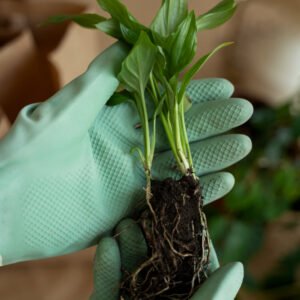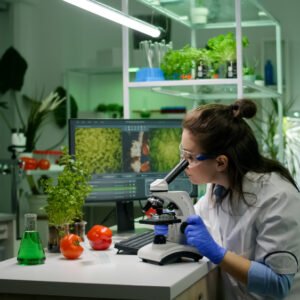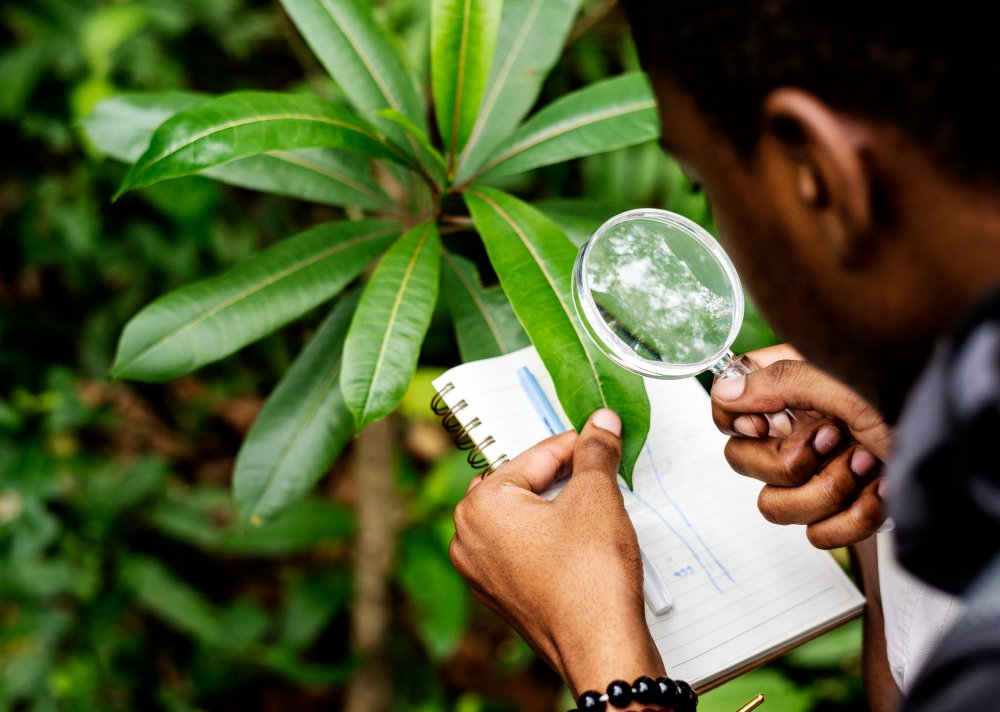Ethnobotany explores the relationships between people and plants across different cultures. Students will study how plants are used for food, medicine, shelter, clothing, and rituals. The course covers traditional knowledge systems, plant domestication, and the role of plants in cultural heritage. Fieldwork and ethnographic research methods will allow students to document and analyze plant uses in local communities. This course highlights the importance of preserving indigenous knowledge and biodiversity.
Ethnobotany
Related products
-
 Add to cart
Add to cartIn this course, students will explore the internal structure of plants at the cellular, tissue, and organ levels. Topics include the study of plant cells, tissues (meristematic, ground, vascular, and dermal tissues), and the anatomy of roots, stems, leaves, and flowers. Emphasis is placed on microscopic techniques and laboratory work, allowing students to observe and…
-
 Add to cart
Add to cartEconomic Botany examines the economic importance of plants and their products. Students will study a wide range of plants that are essential to human life, including food crops, medicinal herbs, fiber plants, and timber. The course covers the cultivation, processing, and commercial use of these plants, as well as their role in different cultures and…
-
 Add to cart
Add to cartThis course focuses on the study of plant diseases, their causes, and methods for their control. Students will learn about the biology of plant pathogens, including fungi, bacteria, viruses, and nematodes. The course covers disease diagnosis, epidemiology, and integrated pest management strategies. Laboratory sessions will involve isolating and identifying pathogens, and fieldwork will include disease…
-
 Add to cart
Add to cartThis course explores the fascinating world of medicinal plants and their applications in natural and ayurvedic medicine. Students will learn about the historical and cultural significance of medicinal plants, the active compounds responsible for their therapeutic effects, and the scientific basis for their use. Topics include plant-based remedies for common ailments, the preparation and administration…
-
 Add to cart
Add to cartThis course delves into the physiological processes that govern plant life. Students will study how plants perform essential functions such as photosynthesis, respiration, transpiration, and nutrient uptake. The course also covers plant hormones, signal transduction, and stress physiology. Through lectures, laboratory exercises, and field studies, students will gain an in-depth understanding of how plants adapt…


